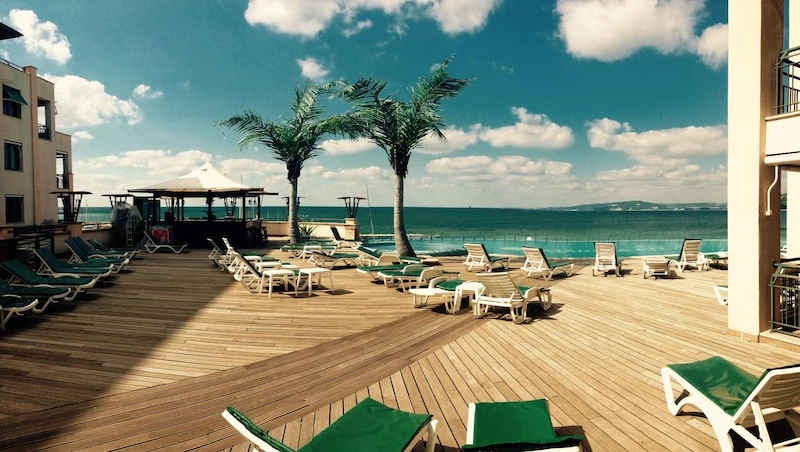Are you considering a 30-year fixed-rate mortgage? We're not surprised. Thanks to an extended repayment period and fixed-rate, homeowners can count on a predictable low monthly payment. Here's what you need to know about a 30-year fixed-rate loan and it’s alternatives.
What is a 30-Year Fixed-Rate Home Loan?
A 30-year home loan is a mortgage that would be paid off entirely in 30 years if you make every payment as scheduled. 30-year mortgages typically have a fixed rate, meaning that the interest rate stays the same throughout the loan's life.
Benefits of a 30-Year Fixed-Rate Mortgage
- Lower payment: A 30-year term stretches out the loan's repayment, which often translates to a more comfortable monthly payment.
- Flexibility: Pay off the loan faster by making extra payments or adding a bit more to your regular mortgage payment.
- Predictability: Your mortgage payment stays the same, regardless of fluctuating rates.
- Possibly buy more: Low payments could mean that you qualify for a more expensive home.
- Greater tax deduction: Current tax laws allow you to deduct interest paid which helps to offset the sizable interest one pays on a 30-year mortgage.
- Frees up your funds: Low mortgage payments could mean that you have more disposable income to put towards other goals.
Possible Downsides of a 30-year Fixed-Rate Mortgage
- More interest paid: The interest you pay over 30 years is considerably higher than shorter-term loans.
- Slow equity growth: It takes more time to build equity in a 30-year mortgage than other loans.
- Possibility of over borrowing: Qualifying for more tempts some to borrow more. The higher payment leaves less disposable income for life's emergencies.
Alternatives to a 30-Year Mortgage
Low Payment + Low Rate: If you like the idea of a low payment and plan on living in the home for less than five years, check out an adjustable-rate mortgage. As long as you sell (or refi) before the rate adjusts, you needn't worry about the potentially higher interest rate and enjoy the benefit of an even lower monthly payment.
Low Rate + Faster Pay Off: On the other hand, if you rather pay your mortgage off faster while paying less interest, opt for a 15-year fixed-rate mortgage. Your monthly mortgage will be several hundred dollars higher than a 30-year loan, but the overall savings outweigh the extra burden of a heftier payment.
Faster Pay Off + Safety Net: If you like the idea of paying off your loan fast but unsure if you can sustain higher payments throughout the loan's life, consider amortization. With this accounting technique, a payment schedule is set so that you can pay off your 30-year loan in 15 or 20 years. The payments will be higher, and you'll still pay the interest of a 30-year loan, but you won't be locked into the extra payment. If you need to scale it back at any time, you can return to the regular lower mortgage payments of your 30-year fixed-rate loan. APPLYING FOR A 30-YEAR FIXED-RATE MORTGAGE There are several 30-year fixed-rate mortgage options, including conventional, FHA, and Veteran loans. Call us or start the application process online, and we can help you decide which is right for you!
APPLYING FOR A 30-YEAR FIXED-RATE MORTGAGE
There are several 30-year fixed-rate mortgage options, including conventional, FHA, and Veteran loans. Call us or start the application process online, and we can help you decide which is right for you!


